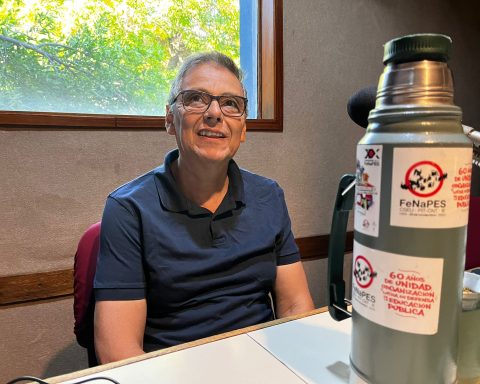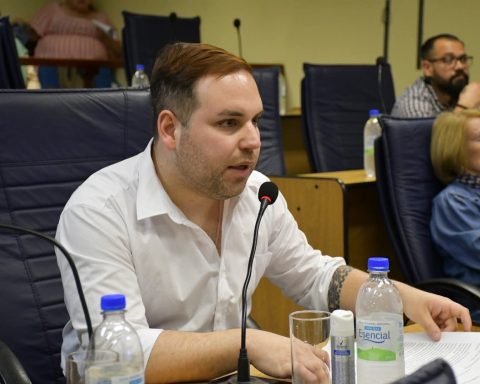The Minister of Tourism, Tabaré Viera, reported this Thursday that iNearly 200,000 tourists have entered Uruguay so far this season and advocated for elimination of the PCR test as a requirement to enter the country.
In dialogue with M24, Viera pointed out that they arrived in Uruguay around 200 thousand visits so far this summer with Argentina as main market. According to the hierarch, the 64% of foreign tourists are Argentines, 18% Brazilian, 4% Paraguayans; the remaining percentage corresponds to vVisitors from the United States, Europe and other Latin American countries.
Viera stated that although the tourist season “started well”, the income of the variant of covid-19 ómicron “affected” to the sector. In that sense, he indicated that internal tourism allowed “mmaintain a basic level of occupation” in regards to hospitality. About him gastronomic sector highlighted that “has worked well” and that real estate had a year of “many owners and few renters”. The tourist transport was one of the sectors most affected by the pandemic, according to the hierarch.
When asked about Argentina’s decision that the foreigners with a complete vaccination schedule are no longer required to have a PCR test upon entry, Viera said that he “seems good” and that he would like that in Uruguay “se will eliminate” the test.
JAVIER TORRES / AFP
PCR test
“The more tranquility, simplicity, simplicity and above all certainty a tourist has to plan their vacations, the better.”, said the hierarch and added that the PCR test is “a discomfort” which also “It has a significant cost especially when it comes to a family trip”. In turn, he proposed using as an intermediate measure antigen tests that are “faster and cheaper”.
Viera also maintained that a decision from the Ministry of Economy and Finance (MEF) regarding the implementation of zero rate VAT on hotels and tourist transport for Uruguayans. “It is a clear and important signal for internal tourism” that was proposed “convinced that it is an investment from the government but with a good return for the sector”.













